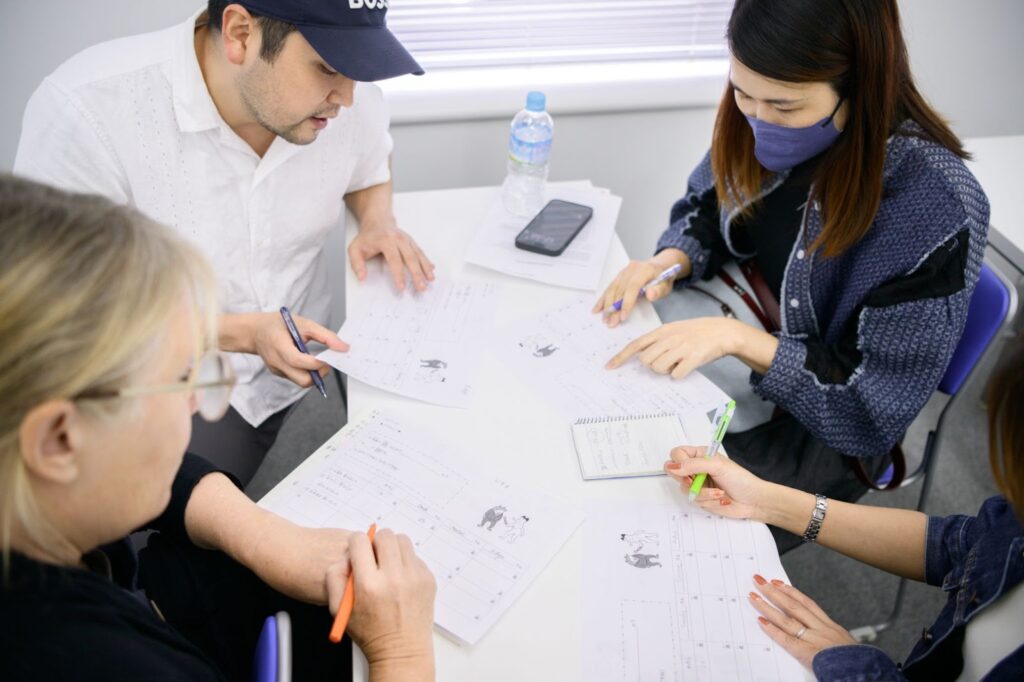TCJ Japanese Private Lessons: An Early Retiree’s Journey
For those considering learning Japanese, we had the opportunity to interview one of our students, Andrew. He chose TCJ because of its excellent reviews. He shared that one of the moments he truly realized his improvement was when watching the news in Japanese—recognizing that he could understand more and read with greater ease. In fact, for this interview, he conducted his responses entirely in Japanese!
Please introduce yourself and your purpose for learning Japanese.
I’m Andrew, a 55-year-old Australian living in Hong Kong. I retired early two years ago. My wife is Japanese and I lived in Japan for 14 years. We plan to move to Japan in five years, so I take lessons every weekday to prepare for daily life there.

How did you find TCJ?
Since I live in Hong Kong, I wanted a reliable Japanese school offering online lessons. After reading student reviews, TCJ stood out as the right choice. Their reputation convinced me it was a great school.

How has your experience been with TCJ’s online lessons?
The system works seamlessly, and I follow a structured study routine. After lunch, I study kanji and review the previous day’s lesson before my class. My wife and I study together from 1:30pm to 4:30pm in my study room. While my motivation fluctuates, I treat studying like a job—even on difficult days, I keep going.
Have you noticed any changes since starting lessons?
I reviewed N4 first and then moved to N3. Now, I understand more, my pronunciation has improved and I recognize more kanji. A year ago, I understood only 50% of TV news; now, it’s 80%. Conversations have become easier, and I feel more confident making reservations or purchases in Japanese.
What do you find interesting about learning Japanese?
The language has words with multiple meanings, which fascinates me. For example, ところ (tokoro) can mean both “place” and “aspect.” Other examples include もも (momo), which means both “thigh” and “peach,” and いる (iru), which can mean “to need,” “to exist” or “to shoot.” Discovering these differences makes learning enjoyable.
What is the most challenging part of learning Japanese?
The language used in daily life is different from textbook Japanese. In books, you see ikimasu ka? (“Are you going?”) or tabemasen ka? (“Would you like to eat?”). But in real life, people say iku? (“Going?”) or tabenai? (“Wanna eat?”).
Also, Japanese has many conjugation forms, unlike Chinese. There are 14, including the Plain form, Te form, Passive form and Causative form. Even with basic words like いる (iru), my teacher often asks, “Which iru are you talking about?” These nuances make learning challenging.
How has your experience with TCJ been? Would you recommend it?
Absolutely! If someone asks me about a good online Japanese school, I would definitely recommend TCJ. Their response is quick, their service is excellent and their flexibility makes learning smooth.
Read Andrew’s full interview here.
Let’s Learn Japanese at TCJ
TCJ is proud to offer VIP private lessons. Selected professional Japanese language teachers will help you choose textbooks and decide the speed of the lessons to meet your Japanese language level and learning objectives.
We can provide original lessons:
- Preparing for a presentation at work
- Practicing for a business meeting demonstration
- Discussing current events
- Reading newspaper articles
- Preparing for entrance or language exams
You can learn more about private lessons on this website.

